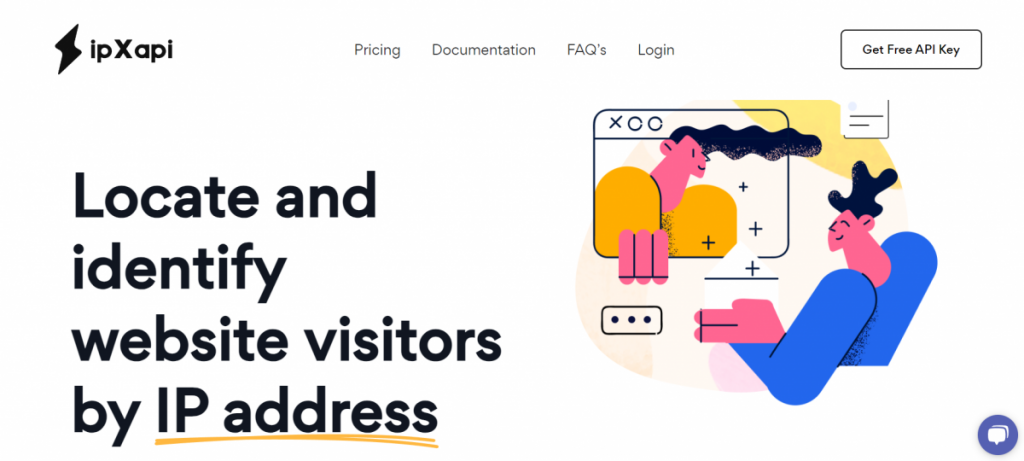In today’s digital landscape, securing your online platform is paramount. One key tool that developers can leverage is ipXapi, a Cloud Provider Detection API. Designed to identify and analyze IP addresses, ipXapi offers extensive insights into the provenance and nature of these addresses, aiding in enhanced cloud security.
Introduction to ipXapi
IpXapi is a robust API providing detailed geolocation data and connection information for IP addresses. It integrates with a comprehensive global IP database, which is constantly updated in real-time, ensuring accuracy and reliability. This tool is invaluable for developers looking to secure their applications and platforms by identifying the sources of incoming traffic and potential threats.
Key Features of ipXapi
1. Geolocation and Connection Data:
IpXapi delivers precise geolocation data, including country, city, and time zone information. This is particularly useful for tailoring user experiences and enforcing geographical restrictions.
2. Cloud Provider Detection:
One of the standout features of ipXapi is its ability to detect cloud providers. By identifying the hosting service or data center behind an IP address, developers can better understand their traffic sources and distinguish between legitimate users and potential threats.
3. Security Insights:
The security module in ipXapi’s response is a game-changer for cloud security. It provides detailed information about the IP address, including whether it is associated with known proxies, VPNs, Tor nodes, or potentially malicious activities. This helps in identifying and mitigating security risks promptly.
Enhancing Cloud Security with ipXapi
For developers, security is a constant concern, and ipXapi addresses this with several advanced features:
The ability to detect VPNs and proxies is crucial in preventing fraudulent activities. For example, if a user tries to make a payment while masking their IP with a VPN, ipXapi can flag this, allowing developers to implement additional verification steps. IpXapi also identifies anonymous IP addresses and bogon IPs—those that should not be routable on the public internet. This detection helps in blocking potentially harmful traffic that could compromise your platform.
Tor networks are often used for anonymity, which can be exploited by malicious actors. By identifying traffic coming from Tor nodes, ipXapi helps developers take preemptive measures to secure their applications. The real-time nature of ipXapi’s data allows for automated threat mitigation. By integrating ipXapi into your security infrastructure, you can set up rules to automatically block or flag suspicious IP addresses, reducing the risk of cyber-attacks.
security”: {
“is_proxy”: false,
“proxy_type”: null,
“is_tor”: false,
“is_tor_exit”: false,
“threat_level”: “Low”,
“threat_score”: “13”,
“is_abuser”: false,
“is_attacker”: false,
“is_bogon”: false,
“is_cloud_provider”: false,
“is_relay”: false,
“is_vpn”: false,
“is_anonymous”: false,
“is_threat”: false
},
Practical Application
Consider an e-commerce platform that receives a payment request from an IP address detected to be using a VPN. With ipXapi, the platform can flag this transaction for further review, potentially preventing a fraudulent purchase. Similarly, a web service can block traffic from known malicious IPs or Tor nodes, ensuring a safer user environment.
Conclusion
IpXapi is a powerful tool for developers aiming to enhance cloud security. By providing detailed geolocation data and robust security insights, it helps in identifying and mitigating potential threats. The ability to detect cloud providers, VPNs, proxies, and other risk factors makes ipXapi an essential component of a secure online platform. Embrace this Cloud Provider Detection API to stay ahead of threats and ensure a secure, reliable experience for your users.


